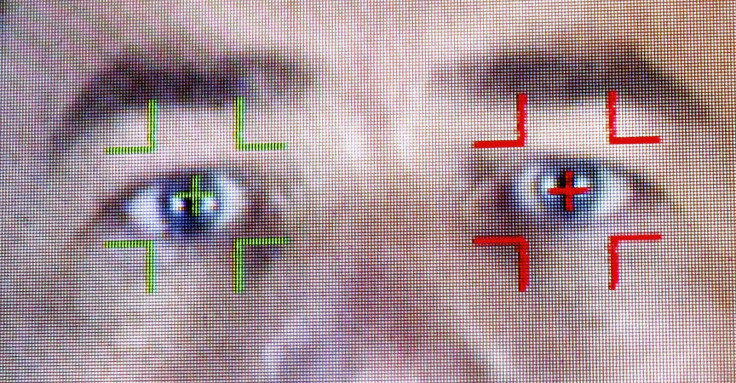Half of US adults recorded in police facial recognition databases, raising civil rights concerns
Civil rights groups say there are no safeguards to ensure fair and responsible use of face recognition technology.

A coalition including over 50 civil rights groups has asked the US Department of Justice to investigate the increasing use and impact of facial recognition software by law enforcement. In a letter sent on Tuesday (18 October), the groups raised serious concerns over privacy violations and police use of large-scale racially biased surveillance technology with minimal oversight.
"Face recognition systems are powerful - but they can also be biased," the organisations, including the American Civil Liberties Union, the Leadership Conference on Civil and Human Rights and the Center for Democracy and Technology, said in the letter. "Facial recognition technology is rapidly being interconnected with everyday police activities, impacting virtually every jurisdiction in America. Yet, the safeguards to ensure this technology is being used fairly and responsibly appear to be virtually nonexistent."
The request coincides with a report by Georgetown Law's Center on Privacy and Technology that found more than 117 million US adults have their images stored in at least one searchable facial-recognition database used by law enforcement agencies at the local, state and federal levels. The report found that 16 states allow the FBI to compare the faces of suspects to their driver's licence and ID photos using facial recognition technology essentially "creating a virtual line-up".
Multiple major police departments have "real-time facial recognition" software allowing surveillance cameras to continuously scan people walking by, the report titled "Perpetual Line-Up", notes. At least five departments in Chicago, Dallas and Los Angeles claim to have used the technology or expressed a written interest in buying it.
"Historically, FBI fingerprint and DNA databases have been primarily or exclusively made up of information from criminal arrests or investigations," the 150-page report reads. "By running face recognition searches against 16 states' driver's license photo databases, the FBI has built a biometric network that primarily includes law-abiding Americans. This is unprecedented and highly problematic."
The report found that states rely on mug shots, driver's licence photos or both to assemble their databases with the photos often shared with the FBI as well. However, these databases are not regularly audited by authorities for accuracy and improper use. Maryland's system that was launched in 2011, for example, includes the license photos of more than two million residents. It has never been audited, the report said.
The use of facial recognition has been long used as a tool for identifying criminals. However, it has also raised concerns among privacy and rights activists, over its accuracy, bias and potential consequences for innocent, law-abiding people.
Since African Americans are disproportionately arrested and subjected to mug shot photos, the report notes that they are more likely to have their images stored and scanned in these databases. A 2012 FBI co-authored study also found that facial recognition may be less accurate on African Americans.
The report also warned that the technology could be used to stifle free speech as well since just one of 52 agencies had a face recognition use policy that prohibits its use to track people engaging in political or religious speech.
"With little to guide them, most - though not all - police departments have not taken adequate steps to rein in this surveillance technology," the report warned. "Face recognition can and should be used to respond to serious crimes and public emergencies. It should not be used to scan the face of any person, at any time, for any crime."
© Copyright IBTimes 2025. All rights reserved.





















